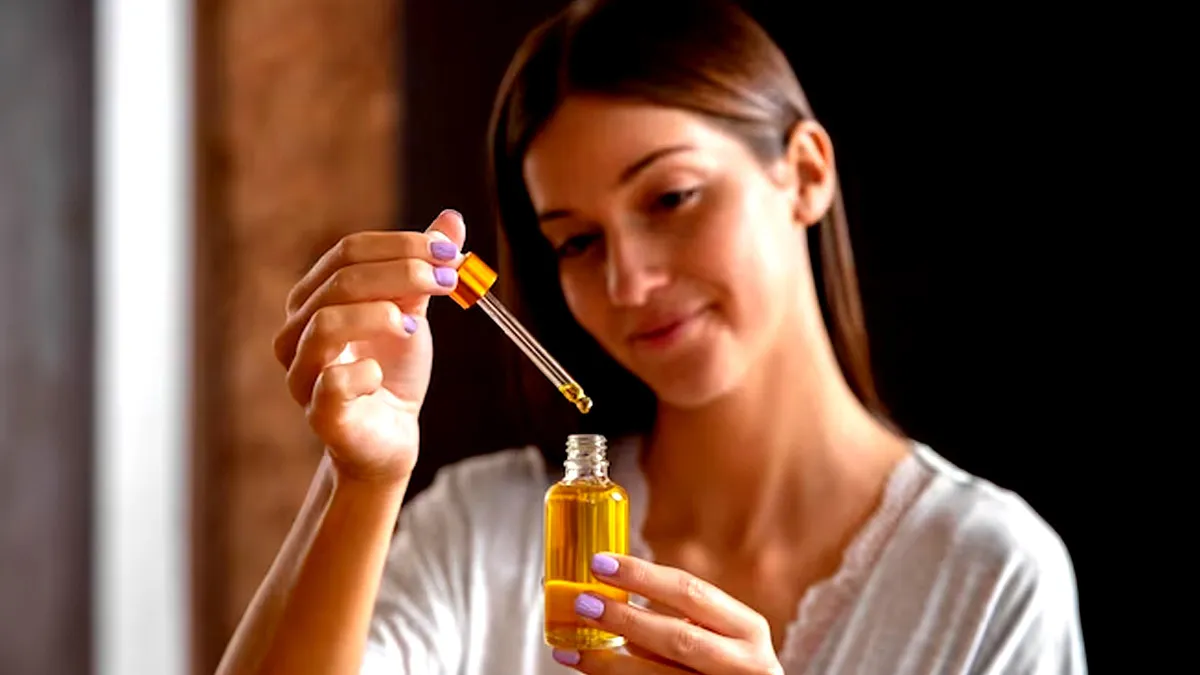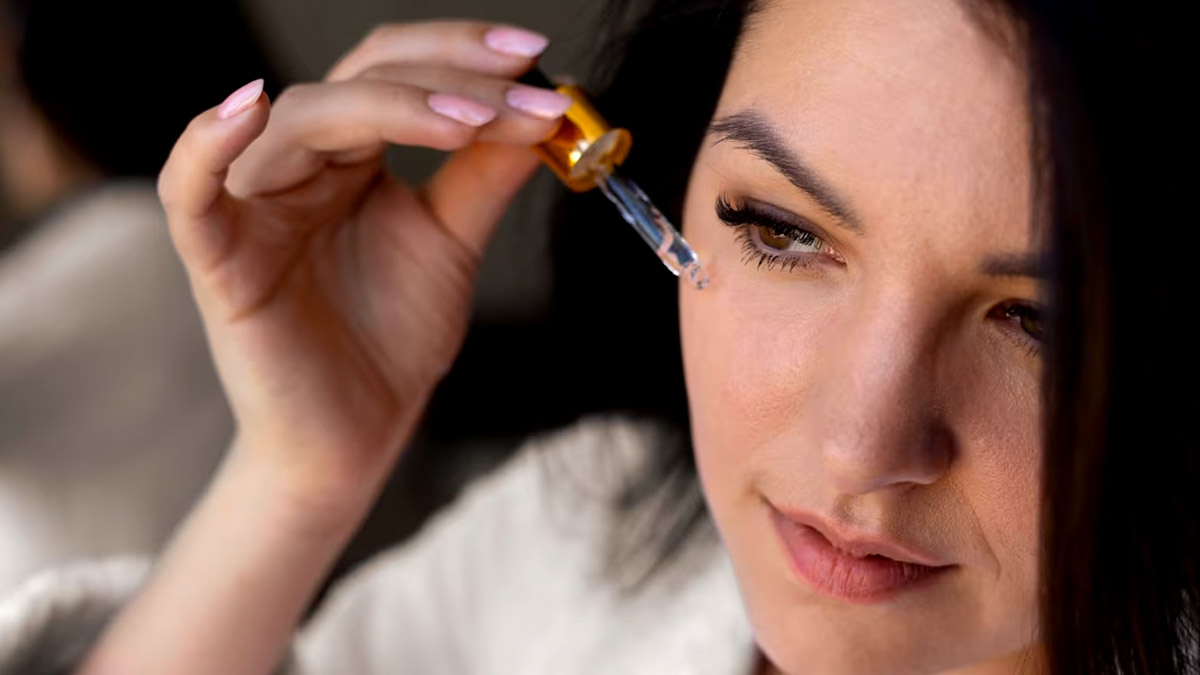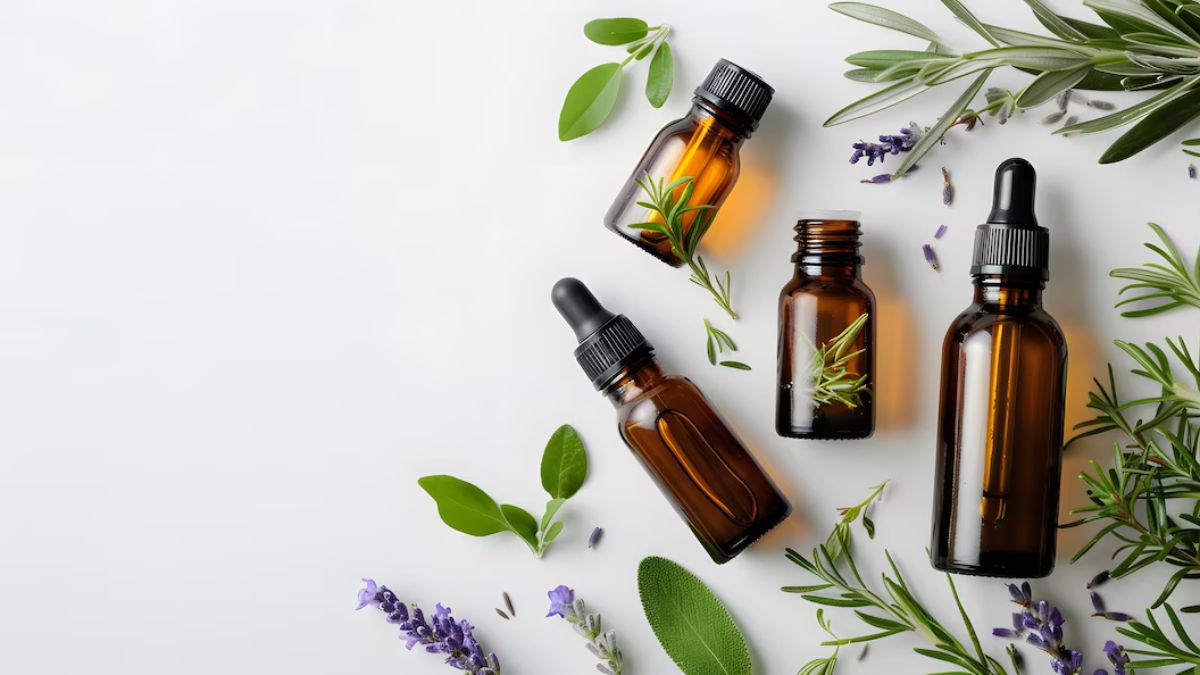
Essential oils are ubiquitous, on skincare store shelves and wellness websites, and why won't they be? Their association with natural healing and mood benefits goes far beyond. Lavender for stress relief, tea tree for pimples, peppermint for migraines, the permutations are endless. But as more and more people practice aromatherapy and make their own skincare products, a question looms: Can you use essential oils on your skin in their raw form? Well, if you have ever thought about this and your question remained unanswered, you have landed in the right place.
Table of Content:-
In an exclusive interaction with the editorial team of Onlymyhealth, Dr Sanjeev Gulati, Department of Dermatology, Sharda Hospital - Noida, explained that the short answer is normally no. Read ahead to know why and everything he shared with us.
Most essential oils are too potent to apply directly (undiluted) to your skin. Direct application, termed neat application, may result in irritation, allergy, chemical burns, or skin sensitisation that lasts for years. Essential oils are concentrated plant extracts, and a few drops may hold the strength of whole plants. That's why they must be handled with caution.
Also Read: Menstrual Migraines Are Real: Here's Expert-Recommended Ways To Manage It

Why Direct Application Can Be Injurious
Dr Gulati highlighted that essential oils are not similar to lotions or serums. Their chemical content is very active, and if not properly diluted, they may:
Create skin irritation or redness
Cause allergic reactions or rashes
Cause chemical burns
Cause photosensitivity (particularly with citrus oils such as lemon or bergamot, which can make your skin more susceptible to sunburn)
"Sometimes, individuals do not react right away but develop sensitization with time, rendering their skin permanently reactive to some oils," he added.
What Is The Right Way To Use Essential Oils?
The safest way to use essential oils on your skin is to dilute them with a carrier oil. Carrier oils are mild plant oils which "carry" the essential oil into your skin and lower the possibility of irritation. Some popular carrier oils are:
Coconut oil
Jojoba oil
Sweet almond oil
Argan oil
Olive oil

Recommended Dilution Guidelines
For everyday skincare (face): 0.5–1% essential oil (or 1–2 drops per tablespoon of carrier oil)
For body care: 2–3% essential oil (or 6–9 drops per tablespoon of carrier oil)
For spot treatment (short-term use): up to 5%, but only for very specific applications and under professional supervision
Bottomline
Essential oils are powerful tools for skincare and wellness, but they are not risk-free. Applying them straight to the skin is usually not safe due to their concentration and potency. To enjoy their benefits without harming your skin, always dilute essential oils properly, use quality carrier oils, and consult with an aromatherapist or dermatologist if you’re unsure.
Also watch this video
How we keep this article up to date:
We work with experts and keep a close eye on the latest in health and wellness. Whenever there is a new research or helpful information, we update our articles with accurate and useful advice.
Current Version